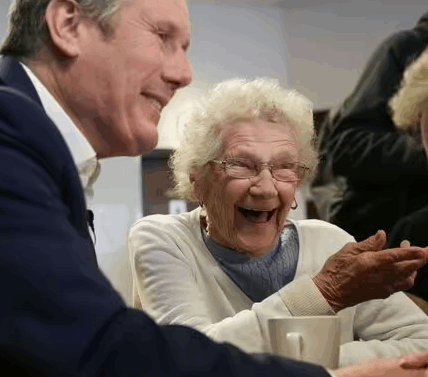Police have released details about suspects they have arrested, but not their names.

Superintendent John Loveless spoke to the media this morning. (Image: Getty)
Police have confirmed that they have arrested two men on suspicion of attempted murder following a multiple stabbing on a train between Doncaster and London Kings Cross yesterday. Some details, including their ages, race and nationalities, have been revealed, but not the men’s names. The two suspects are a 32-year-old black British national and a 35-year-old British national of Caribbean descent, police said. Both were born in the UK.
Arrestees are generally not named by police to guard their privacy in case they are not charged with any crime. College of Policing Guidance states: “Suspects should not be identified to the media (by disclosing names or other identifying information) prior to the point of charge, except where justified by clear circumstances, such as a threat to life, the prevention or detection of crime, or a matter of public interest and confidence.”
Legal precedent, such as Sir Cliff Richard’s battle with the BBC following its coverage of a police raid at his home in 2014, has established the principle that individuals under criminal investigation have a reasonable expectation of privacy under Article 8 of the European Convention on Human Rights – the right to private life.
Media outlets therefore risk being sued for the misuse of private information if they publish the names of suspects who have not been charged.
Recently, police have provided details about the race, nationality and birthplace of suspects after their arrest.
This is after the decision not to release information about Axel Rudakubana, the black teenager born in Cardiff now imprisoned for murdering Alice Aguiar, nine, Bebe King, six, and Elsie Dot Stancombe, seven, in Southport in 2024, allowed misinformation to spread online about his origins, including suggestions that he had crossed the English Channel in a small boat.

Sir Cliff Richard won a privacy case against the BBC. (Image: Getty)
Police were encouraged in August to consider disclosing the ethnicity and nationality of suspects charged in high-profile cases.
The National Police Chiefs’ Council (NPCC) guidance aimed to reduce the risk to public safety where there are high levels of falsehoods disseminated about an incident.


